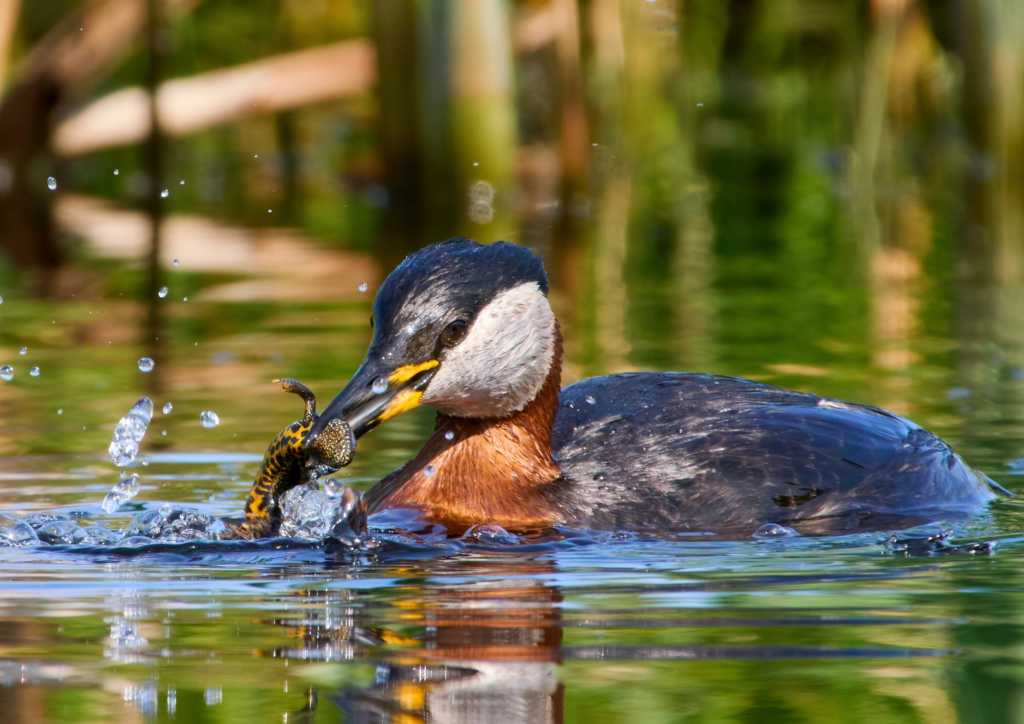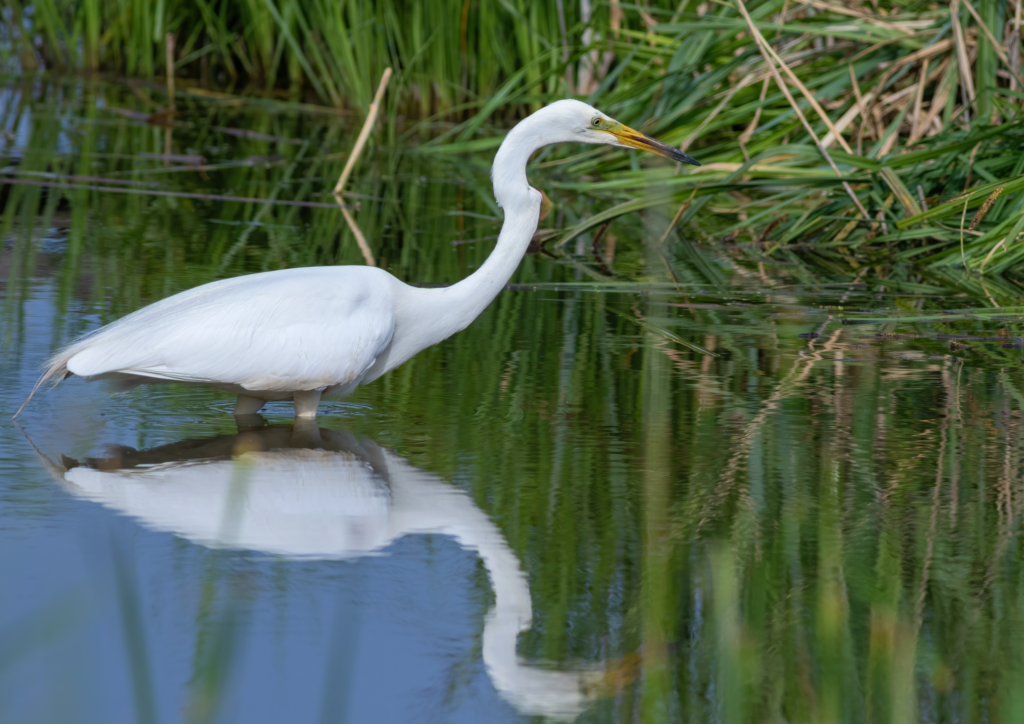Why hasn't a new national park been established in Poland for over two decades? We check
The last national park was established in our country almost 24 years ago, which, in the context of the fight for biodiversity, is not comforting news. Last year there was a breakthrough on this issue, with the media reporting the first information on the start of work to create a new park.
The last national park was established in our country almost 24 years ago, which, in the context of the fight for biodiversity, is not comforting news. Last year there was a breakthrough on this issue, with the media reporting the first information on the start of work to create a new park.
Currently, the project is at the stage of intensive public consultation and agreeing agreements with local authorities, which is proving more difficult than it might seem.

Where would the new park be built and what would it protect?
The National Park of the Lower Oder Valley, as it has been named, is to be created in the West Pomeranian Voivodship, in four communes: Szczecin, Gryfino, Kołbaskowo and Widuchowa. The new park is intended to help preserve the unique nature and landscape, as well as supporting the economic development of the area. Among the areas surrounding the Oder River - floodplains, forests and meadows - there is a real wealth of plant and animal species. There are 237 species of birds, accounting for half of all species recorded in Poland. Among them are rare and endangered species. These include the black tern, crane, kingfisher and white-tailed eagle. The planned park would also feature numerous aquatic and peatland plant species, important for natural retention.
Why hasn't a new national park been established for over 20 years?
The last national park in Poland, the 23rd, was established in July 2001 and was the Warta Mouth National Park. In Poland, national parks are created by an act and a decree of the Council of Ministers defining its boundaries. To do so, however, the consent of the relevant local government bodies is required. Although for nature lovers the creation of new forms of nature protection is something extremely positive, local authorities are concerned about the restrictions and prohibitions applicable within the boundaries of the parks. These include prohibitions on entering the forest, collecting mushrooms and other plants, as well as restrictions on the use and development of land. The tendency to put the private good above the common good may be the reason for stopping the creation and expansion of national parks in Poland. It is worth noting, however, that although the creation of a new national park is associated with benefits for the general public, it is the local communities that bear the costs associated with its creation.

Light at the end of the tunnel of heavy consultation
In the report entitled. "Polish National Parks. Why no national park has been established in Poland for 20 years and how to change this?", the authors see the reasons for the stagnation in the creation of new parks, among others, in regulations that have remained unchanged for two decades, which make such movements dependent on the decisions of local governments.
"There is one municipality with whom indeed these talks have been going on for quite a long time and it seems that they will soon be concluded successfully," said Piotr Kropinski, deputy director of the Nature Conservation Department of the Ministry of Climate and Environment, during the 'Pact for Wetlands' conference. Although the legislation significantly prolongs the process of creating a new national park, it is, as Piotr Kropinski points out, crucial to the adoption of a compromise and public consensus. However, it seems that despite the difficult consultations, the 24th national park will be created, as it were, to mark 24 years of stoppage.



